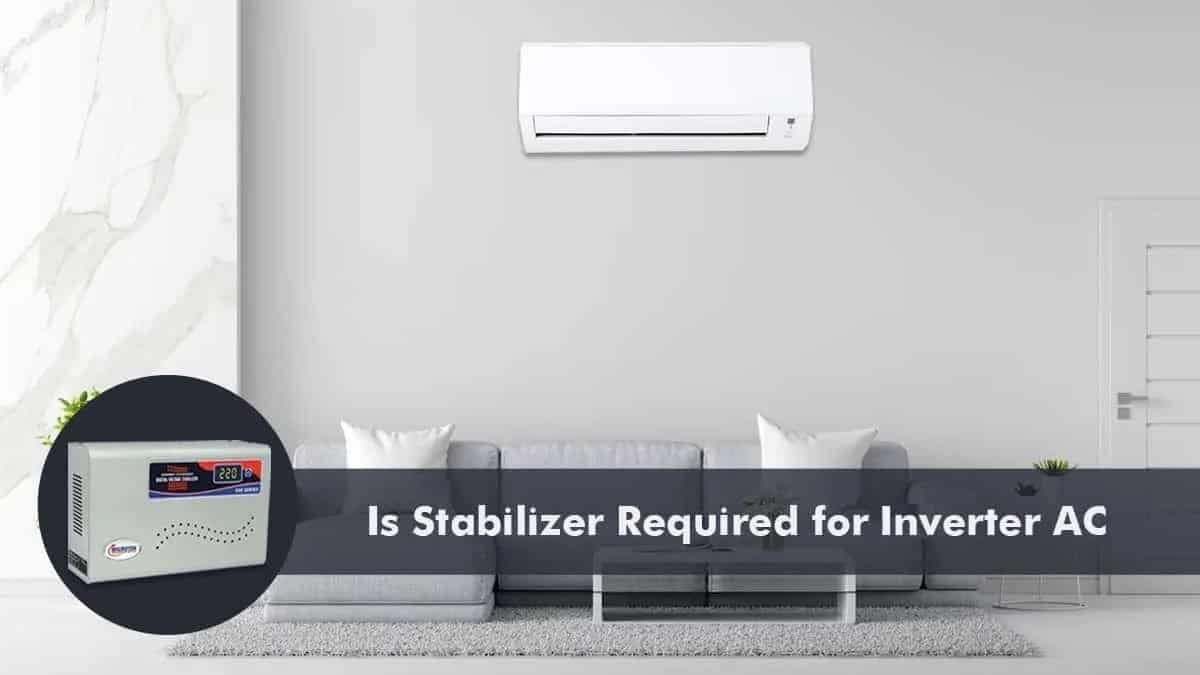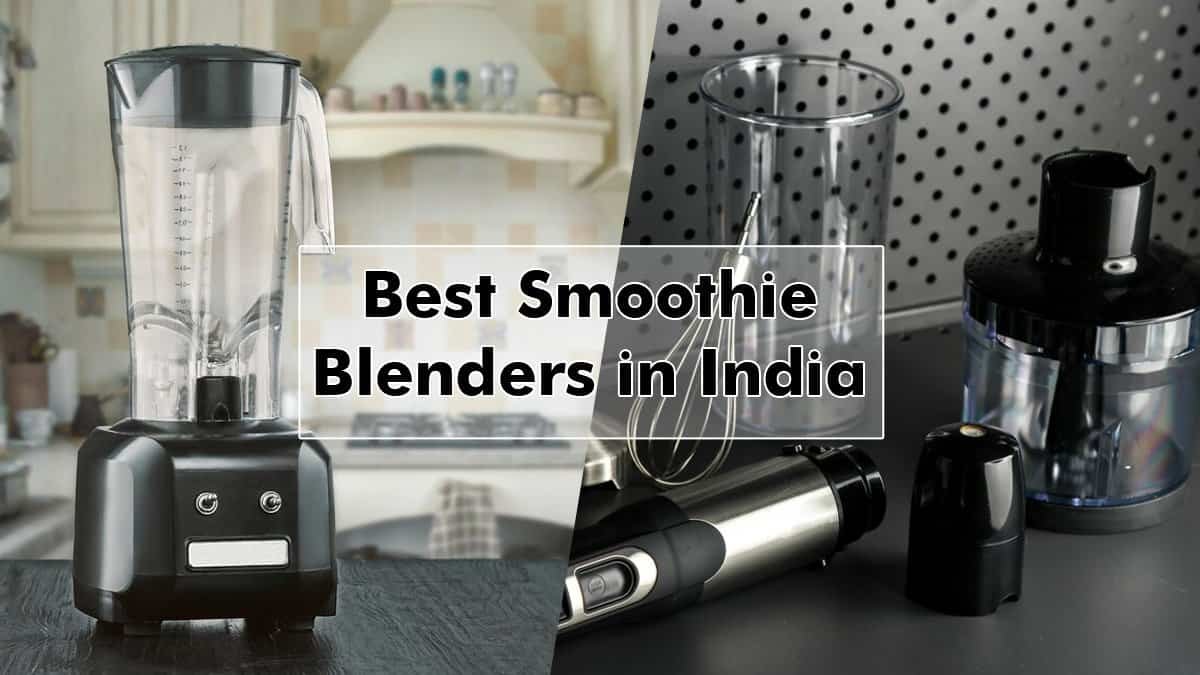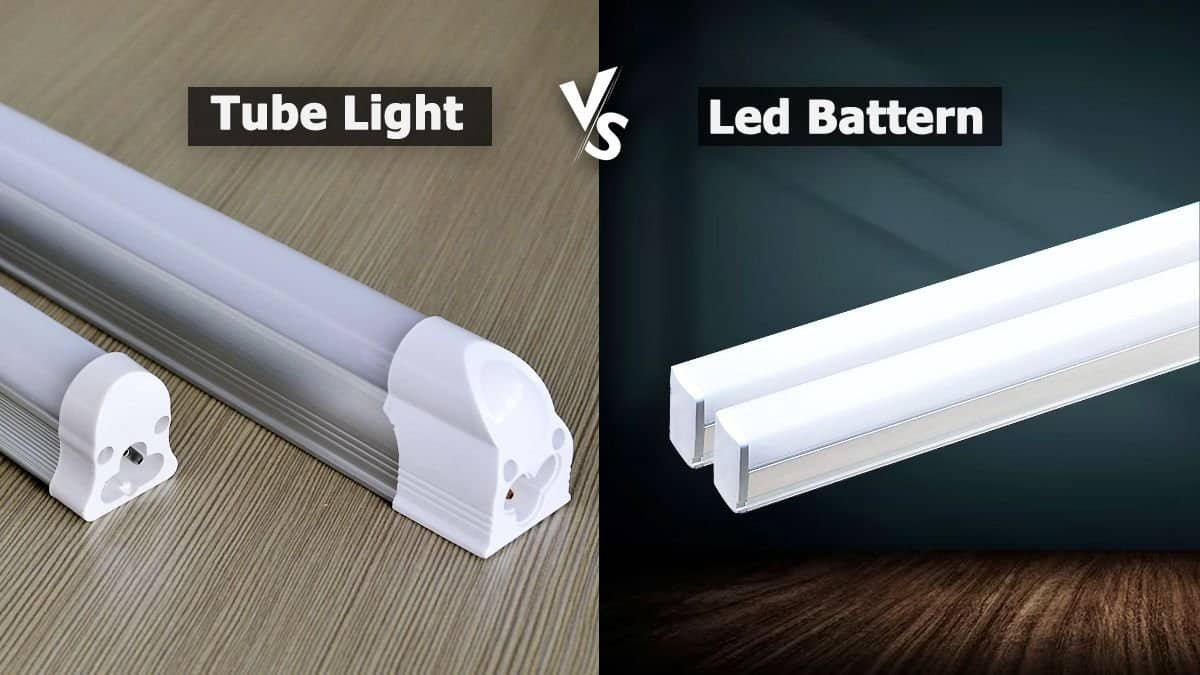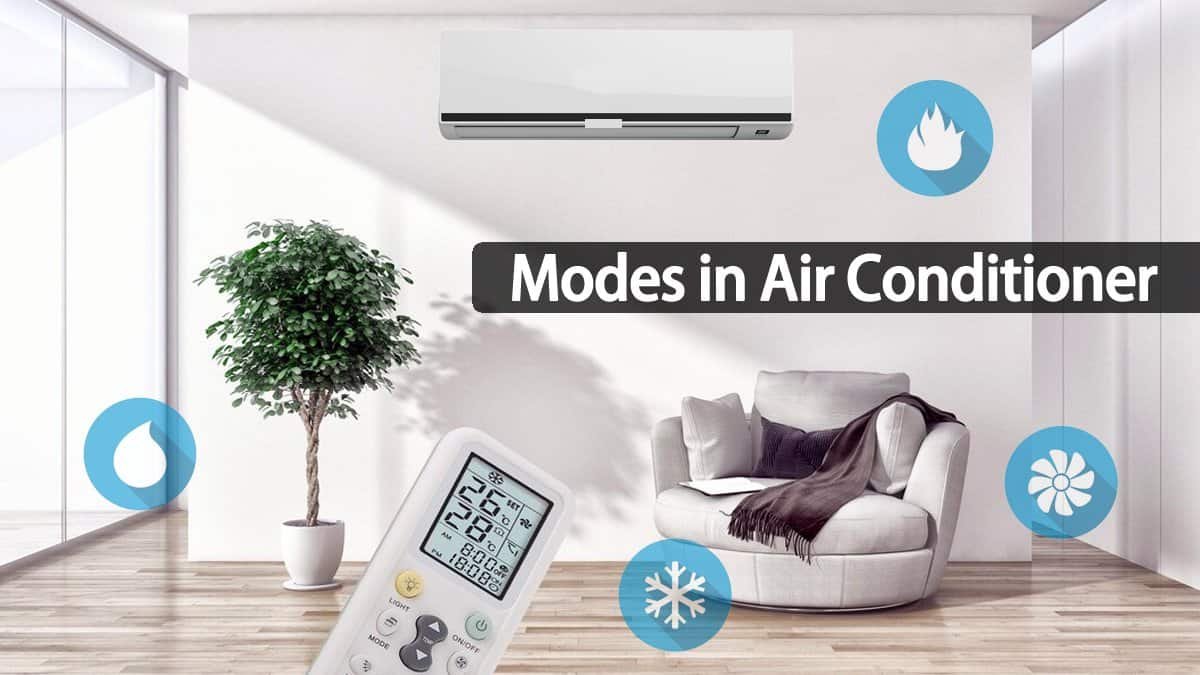Table of Contents
The Reminder of Summer
As the winter fades away and the days start getting warmer, the arrival of spring serves as a friendly reminder that the scorching heat of summer is just around the corner. While many eagerly anticipate the joys of Indian summer, there’s no denying that the sweltering heat can be incredibly uncomfortable, especially if you live in a region with hot and humid summers. In such conditions, the importance of an efficient air conditioning system cannot be overstated. Air conditioning not only helps maintain a comfortable indoor environment but also promotes better health and well-being.
In this comprehensive guide, we will delve into the world of air conditioning systems, exploring various types of air conditioners available to Indian homeowners. Whether you’re considering purchasing a new system or looking to upgrade your existing one, it’s crucial to make an informed decision to ensure your home remains a haven of comfort during the hottest months of the year.
What are Different Types of Air Conditioners
Window Air Conditioners

Window air conditioners, often referred to as “window units,” are self-contained cooling systems designed for easy installation in a window or an exterior wall of a room. These units are commonly used in apartments and single-level Indian homes, where central air conditioning may not be practical or cost-effective. Window air conditioners come in various sizes and designs to accommodate different window types.
How Window Air Conditioners Work: Window AC units draw in warm air from the room, cool it through a refrigeration cycle, and then expel the cooled air back into the room. They also remove humidity, contributing to a more comfortable indoor environment.
Pros:
- Easy self-installation.
- Affordable initial investment.
- Energy-efficient for cooling individual rooms.
- Wide range of options available.
Cons:
- Limited cooling coverage.
- Potential noise issues due to in-room placement.
- Partial obstruction of at least one window.
- Need to remove or winterize them for the colder months.
Estimated Investment: The cost of window air conditioners varies based on size and brand, ranging from approximately $75 to $1,000. We’ll discuss how to choose the right unit for your needs and the importance of considering quality over price.
Here are our top picks for window ACs for a cool summer:
Voltas 1.5 Ton 3 Star, Fixed Speed Window AC 2023 Model
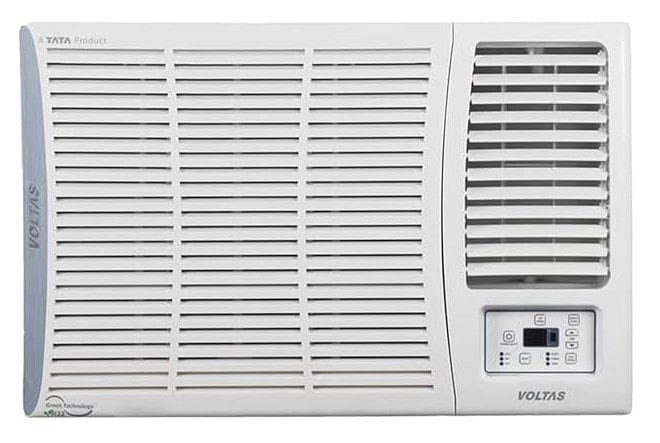
Carrier 1.5 Ton 3 Star Fixed Speed Window AC 2023 Model

Blue Star 1 Ton 5 Star Fixed Speed Window AC 2023 Model
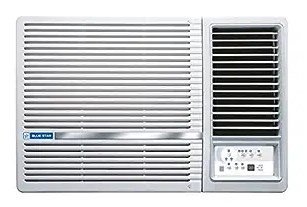
HITACHI 1.5 Ton 5 Star, Window Inverter AC 2023 Model

Air Source Heat Pumps
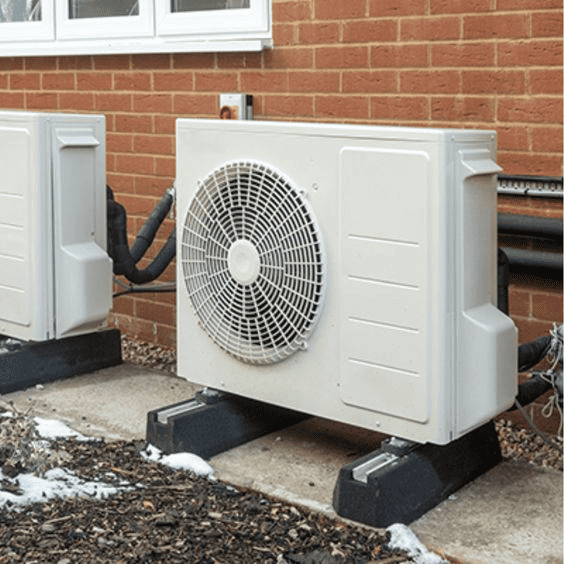
Air source heat pumps are an energy-efficient and low-maintenance cooling and heating solution suitable for homes with existing ductwork. While their initial installation cost may be higher, these systems offer long-term savings and versatility. We’ll explore how air source heat pumps work and their effectiveness in different climates.
How Air Source Heat Pumps Work: These systems use electricity to transfer warm and cold air between the interior and exterior of an Indian home. During the Indian summer, they remove heat from indoor spaces and release it outside. In colder months, they extract heat from the outside and distribute it indoors.
Pros:
- Cost-effective in moderate climates.
- Provides even heat distribution throughout the entire house.
- Operates with less frequent cycling compared to gas furnaces.
Cons:
- Ineffective in freezing temperatures.
- Heat output is not as powerful as traditional furnaces.
- Requires supplementary heating in colder regions.
- Initial installation costs can be relatively high.
Estimated Investment: The cost of installing air source heat pumps varies based on factors like system size, quality, and complexity of installation. We’ll provide insights into these cost considerations and explore potential tax credits and rebates.
Here is the best air source heat pump:
SWADESHI Tec Air Source Heat Pump
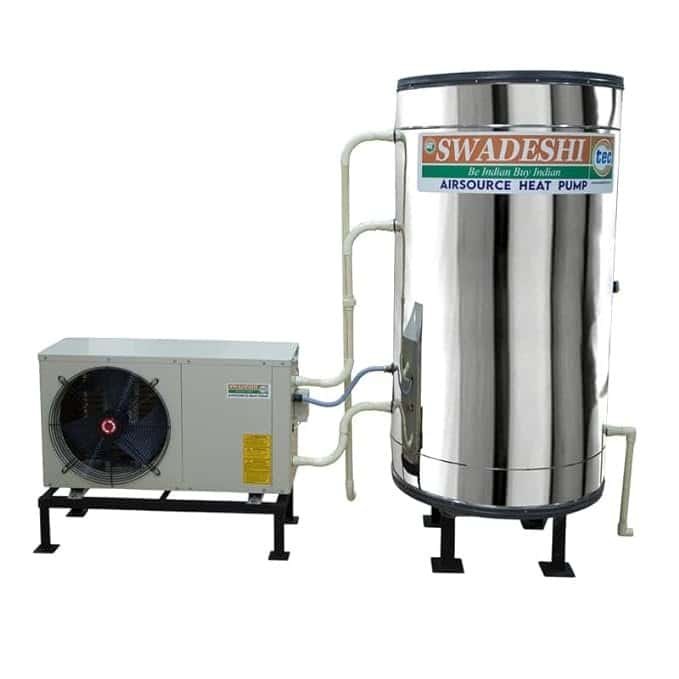
Central Air Conditioners
Central air conditioners are considered a luxury in home cooling, offering the ability to cool every room simultaneously while operating quietly. We’ll delve into how central air systems work, their components, and their advantages over other cooling methods.
How Central Air Conditioners Work: Central air systems consist of two main units, the condensing unit outside the home and the evaporative unit next to the furnace. These units work in tandem to cool the entire house using a ductwork system.
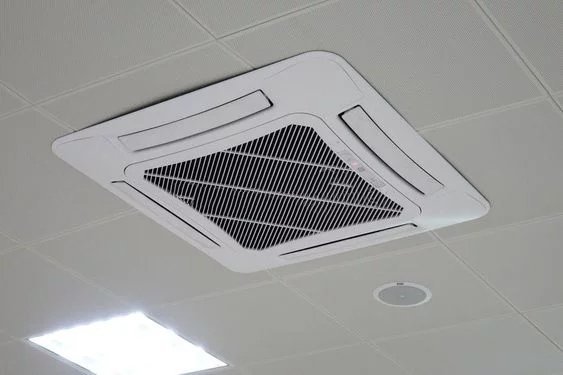
Central air conditioners are known for their efficiency, reduced noise, and ease of use. However, they come with a higher initial cost and the potential for duct leakage.
Pros:
- Efficiently cools the entire house.
- Offers superior energy efficiency compared to room air conditioners.
- Utilizes existing ductwork and is compatible with central forced air furnaces.
- Operates quietly as it is positioned outside and away from living spaces.
- Requires minimal maintenance.
- Programmable thermostats contribute to utility bill savings.
Cons:
- Higher cost compared to window units.
- Potential energy loss due to duct leakage.
- Older systems may lack efficiency.
Estimated Investment: The cost of central air units varies based on brand, system type, location, and the condition of existing ducts. We’ll provide insights into factors that influence the total investment and the importance of evaluating your home’s insulation.
Here are our top picks for central ACs for a cool summer:
Voltas 3Ph Scroll SAC C2-NVenture I-Cassette AC
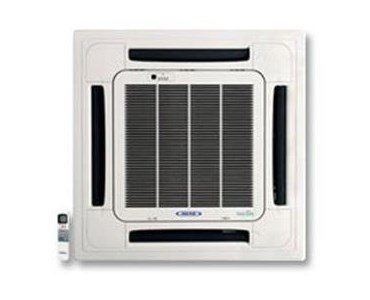
Voltas Venture i Cassette 3Ph Scroll SAC(C2-N)

Voltas 1 Ph Rot. SAC C2-N Venture I-Cassette AC

Ductless Air Conditioners
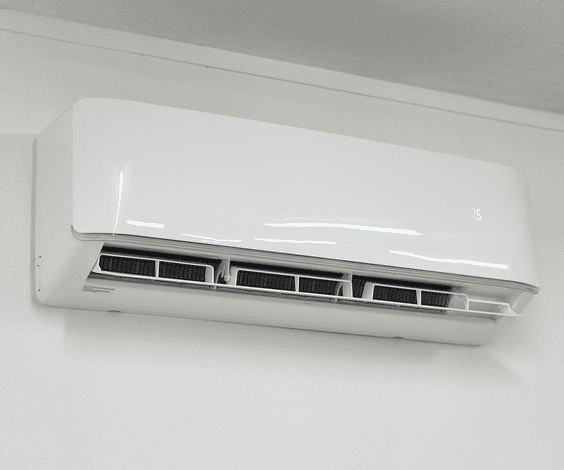
Ductless air conditioners, also known as split systems or mini-split systems, are ideal for homes without existing ductwork. These systems offer a more permanent cooling solution compared to window units, making them a popular choice among apartment dwellers and homeowners with older homes.
How Ductless Air Conditioners Work: Ductless systems consist of indoor and outdoor units connected by refrigerant tubing. They provide efficient and zoned cooling, making them suitable for cooling individual rooms or multiple rooms.
Pros:
- Cost-effective operation.
- Quiet operation.
- Eliminates the need for ductwork.
- Compact and adaptable for zoning.
- No open window security concerns associated with window units.
- No requirement to remove them for the winter.
Cons:
- Limited air exchange capability.
- Requires a distribution unit to be mounted in each area.
- Installation costs can be high for new construction.
- Not efficient for heating the entire house.
Estimated Investment: The cost of ductless ACs varies based on brand, SEER rating, local labor rates, and the number of units needed. We’ll provide an estimate of the average investment and how to calculate the right size for your space.
Here are our top picks for ductless ACs for a cool summer:
LG 1 Ton 4 Star AI DUAL Inverter Split AC 2023 Model
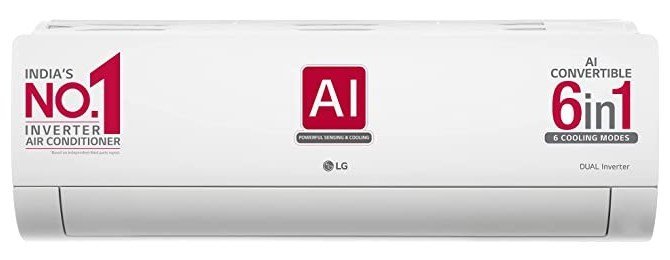
Daikin 0.8 Ton 3 Star, Fixed Speed Split AC 2022 Model
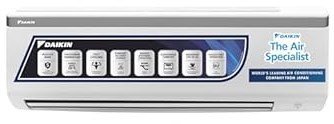
Carrier 1.5 Ton 3 Star AI Flexicool Inverter Split AC 2023 Model
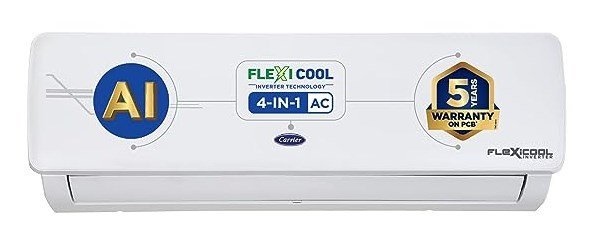
LG 1.5 Ton 5 Star AI DUAL Inverter Split AC 2023 Model

Portable Air Conditioners
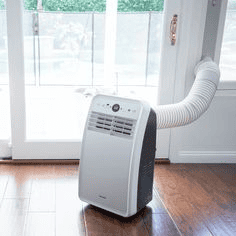
Portable air conditioners are single self-contained units that can be easily moved from room to room. While they offer a convenient and low-cost cooling solution, they come with their own set of limitations.
How Portable Air Conditioners Work: These units are positioned in a room and vent hot air outside through an exterior wall or window. They provide temporary cooling and are quick to install.
Pros:
- Quick and easy installation
- Affordable upfront cost
- Portability for room-to-room cooling
Cons:
- Limited cooling range
- Noisy operation
- Requires an open window, impacting efficiency and security
- Occupies floor space
- Seasonal uninstallation required
Estimated Investment: Portable air conditioners are relatively affordable, with prices ranging from $100 to $600. We’ll discuss factors that affect the cost and the suitability of these units for various room sizes.
Here are our top picks for portable ACs for a cool summer:
Blue Star 1 Ton Fixed Speed Portable AC

Voltas Venture Slimline Tower AC

Voltas 241 CZMM 2 TON Slimline AC

Cruise 1 Ton Portable AC with Anti-Bacterial Filter 2022 Model
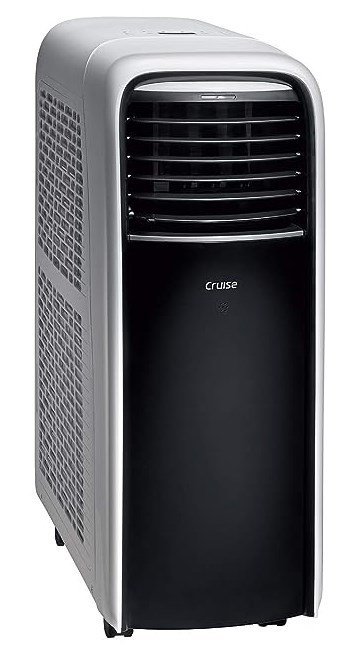
Floor Mounted Air Conditioners
Floor-mounted air conditioners are a type of mini-split ductless system, ideal for spaces with limited wall space or specific design requirements. These units are known for their flexibility and efficiency.
How Floor-Mounted Air Conditioners Work: These systems are similar to wall-mounted ductless units but are positioned closer to the floor. They offer efficient cooling and can serve as dehumidifiers.
Pros:
- Built-in ionizer for improved air quality.
- No installation costs.
- Space-saving design.
- Effective at dehumidifying.
Cons:
- Limited cooling range.
- Can be noisy during operation.
- Manual removal of condensate water required.
- Takes longer to cool the room.
- Can consume a significant amount of power.
Estimated Investment: The cost of floor-mounted ductless air conditioners is similar to wall-mounted units, ranging from $4,000 to $15,000. We’ll explore factors influencing the cost and the suitability of these units for specific scenarios.
Also Read
- Understanding the ”Cool” Factor: Different Types of AC Refrigerants
- Cooling Your Space: Selecting the Right AC Capacity Based on Room Size
- How to Install Window AC: 5 Essential Steps for Installing A Window AC Unit Correctly
Choosing the Right Air Conditioning System
Selecting the right air conditioning system for your home involves assessing your existing infrastructure, budget constraints, and cooling needs. We’ll guide you on how to make an informed decision that aligns with your specific requirements, ensuring that you stay cool and comfortable during the hottest months of the year.
Frequently Asked Questions
What is the typical lifespan of a window air conditioner?
The lifespan of a window air conditioner can vary depending on factors such as usage, maintenance, and brand quality. On average, a well-maintained window AC unit can last for 10 to 15 years. However, it’s essential to clean or replace filters regularly and ensure proper maintenance to maximize its lifespan.
Are air source heat pumps suitable for extremely cold climates?
Air source heat pumps are more effective in milder climates but can still be used in colder regions. However, they may require a backup heating system for extremely cold weather. Some heat pump systems are designed for cold climates and can operate efficiently even in sub-zero temperatures.
Do ductless air conditioners work well for cooling multiple rooms in a home?
Ductless air conditioners are typically used to cool individual rooms, but newer systems are designed to cool multiple rooms or zones. These multi-zone ductless systems can be an efficient solution for cooling larger areas within a home while providing more control over temperature settings in different rooms.
What are the energy efficiency benefits of a central air conditioner compared to other cooling systems?
Central air conditioners are known for their energy efficiency when cooling the entire house. They are typically more efficient than room air conditioners and can benefit from programmable thermostats, which help reduce energy consumption. Central systems also use the existing ductwork in the home, avoiding the need for additional installations. However, duct leakage can affect their efficiency, so regular maintenance is essential.

